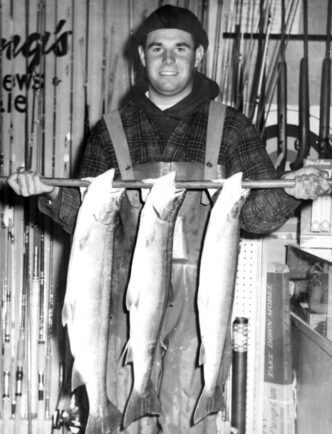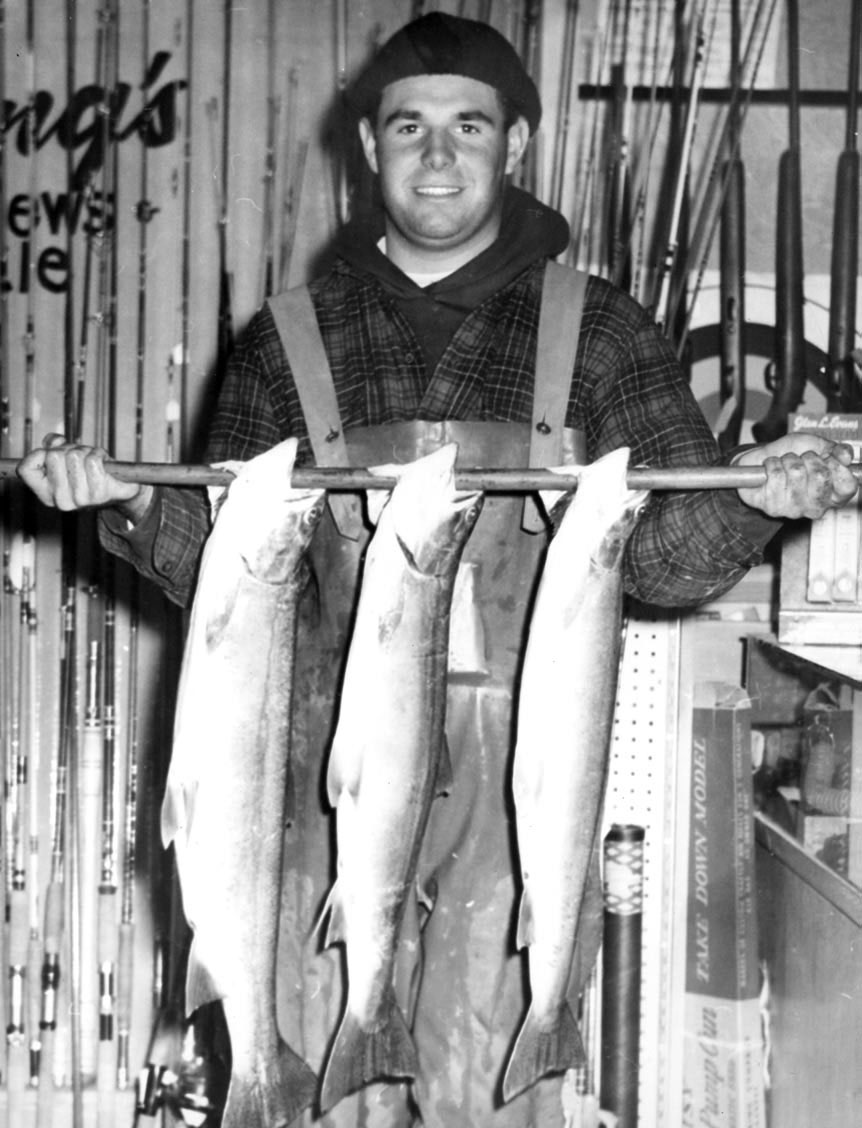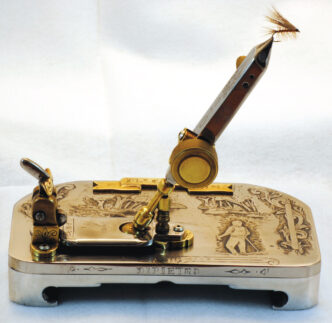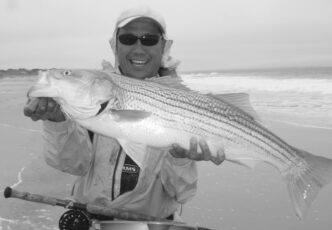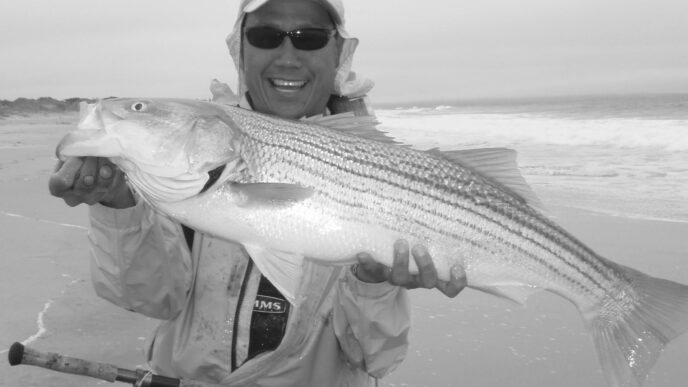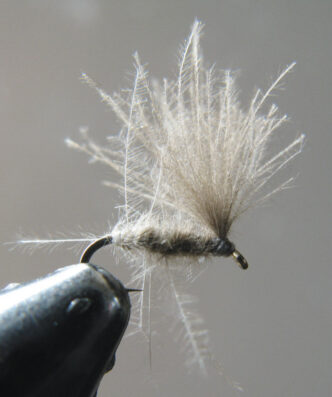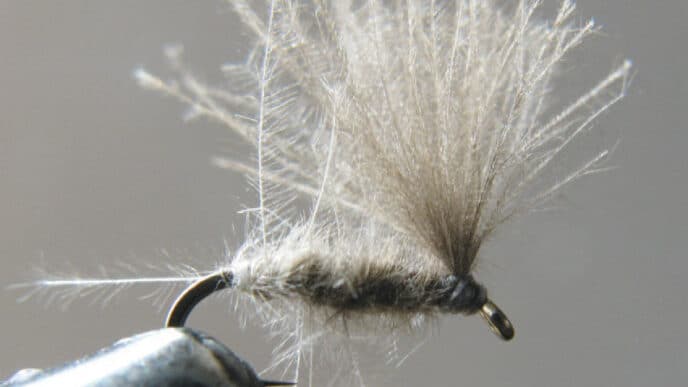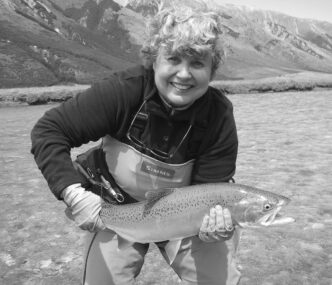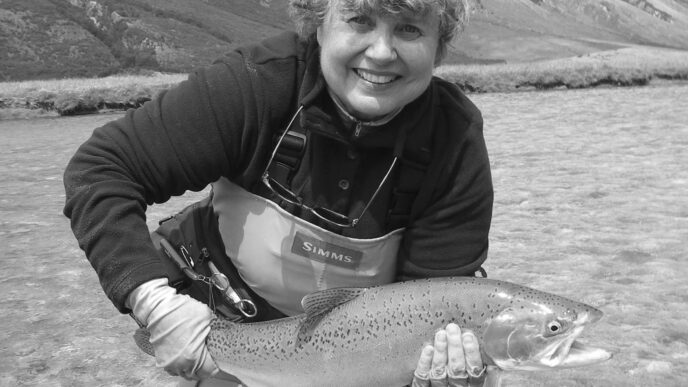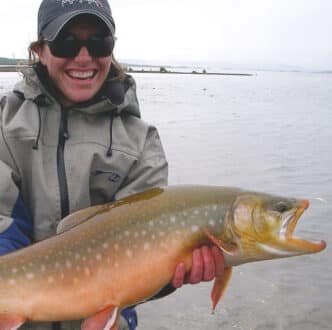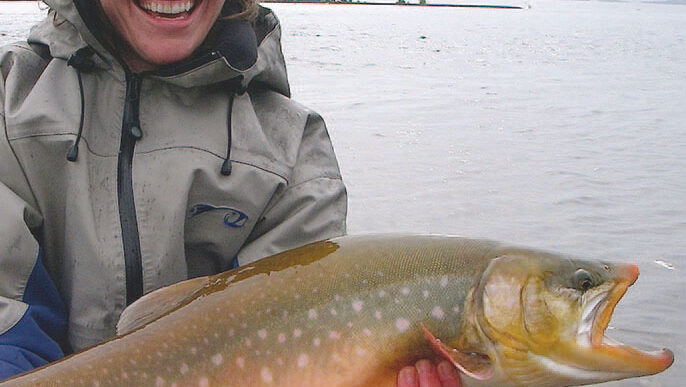On the evening of March 3, 2010, at the age of 65, Frank Bertaina passed away from a series of complications brought on by a major heart attack. For a man who never said goodbye and was famous for ending conversations with an abrupt “Over and out,” his final exit was both jarring and unexpected.
In the days that followed his passing, Dan Blanton’s message board became the place for friends and families to reflect on this talented, charismatic, and sometimes errant man. Of note was Larry Kenney’s brief passage, “It’s a smaller, colder world when the bigger-than-life guys like him pass on. Hale and farewell.”
Frank first appeared in the public eye as a dominating left-handed pitcher on the mound of Sacred Heart Prep in San Francisco. He was drafted by the Orioles organization directly out of high school, and after a few years in the developmental leagues and two full seasons in the Bigs, found himself rooming with Jim Palmer during the 1966 World Series — a proud accomplishment, but nonetheless one Frank credited to being in the right place at the right time.
As a professional ballplayer, Frank experienced two exceptional seasons sandwiched between several mediocre ones. He never shied away from a postgame party and developed a reputation for being flaky, two attributes that helped the playful Moe Drabowsky to nickname Frank “Toys in the Attic.”
Although it was on the baseball diamond that Frank first made a name for himself, that isn’t why we’re remembering him here. Frank Bertaina was a talented and driven angler.
As a child, he spent his winter and summer vacations along the Russian River at a time when the waters were alive with steelhead, silver salmon, and striped bass. As a young teen, he learned to fly cast along the storefront of King’s Sport and Tackle in downtown Guerneville and, through his childhood buddy Charlie Napoli, befriended the well-known Russian River anglers Bob Nauheim, Russell Chatham, and Bill Schaadt. He was quickly absorbed into that small collection of men who routinely surfaced in national sporting magazines. In the shadows of the Long Beach Casting Club and Golden Gate Angling and Casting Club, Frank and his older compatriots helped create one of California’s most recognizable angling cultures. As an angler, the left-handed pitcher was a phenomenal righthanded caster who had a unique ability to make accurate and lengthy casts during tough conditions. Rarely pushed off the water, he fished with the mantra “Get your casts in today, for tomorrow is promised to no one.” Frank was a student of the California Delta and Florida Keys, two of the most fickle, temperamental, and complex fisheries in the world, and taught fly fishers much about how to fish them. He had what good friend Bill Hutchison refers to as “a sixth sense that allowed him to figure it out, and figure it out quickly.”
He was also a volatile angler who could be pushy, aggressive, and a host of other iniquitous adjectives. He was quick tempered and most notoriously linked to a blow-up on the lower Smith River that created, at best, an unfavorable situation between anglers and landowners. At his worst, he could be downright vile. Most people who fished alongside him long enough have their collection of “Frank happens” stories.
In 1974, Frank was approached by Bob Nauheim with the novel idea of starting one of the world’s first fishing travel agencies. For over 20 years, these two conquistadors crossed the globe with the passion and desire of high-school greenhorns at a drive-in. They were bums who caught a lot more trout in a lot more places than the trout bums could ever imagine.
In between their trips to New Zealand, Patagonia, and Norway, Bob and Frank fished heavily throughout California. Their stories and photos of far-off waters whetted the imaginations of countless anglers who eventually built up a hanker-ing and saved the funds to chase tarpon in the Keys, bonefish in the South Pacific, or peacock bass in the Amazon. Today, you can travel all over the world carrying a fly rod and more often than not run into someone from California. It’s hard to ignore the role that Bob and Frank played in this.
During his longtime stint at Fishing International, Frank used his energetic flair to become the organization’s boisterous promoter. Current FI owner Bill Hutchison remembers Frank as “both oddly and irresistibly charismatic. At his best, he was one of the most entertaining guys in the world When he was on, he made it so much fun.”
Frank had a gift for gab, was quick-witted, and funnier than hell. When he got on a roll, he could keep a room in stitches for hours. He loved quoting a wide variety of classic movies and understood that a punch line is only as good as its delivery. He was a man who had a knack for storytelling and a sense of context that led his friends and clients to believe that their next adventure would be the greatest of them all.
Those who fished with him long enough realized that the hype was largely due to Frank, and they applied the rule of two-thirds: If Frank said he caught 30, reduce the number by two-thirds for the more accurate account. Given the extravagance of his testaments, these were still impressive numbers. Most people accepted this about a man who just really wasn’t that interested in things that didn’t border on the fantastical. After Fishing International, Frank and a handful of other Santa Rosa fishermen operated Lava Creek Lodge on the Fall River for several years. He never completely left the fishing travel world and always turned his ear at any whisper of the planet’s last virgin waters left unexplored with a fly. Over the past decade, he made several attempts to organize group expeditions, but routinely ran into problems with logistics or permits, two things that Frank never gave much regard. The anecdotes about Frank are numerous, shocking, and best told by those who were there, witnessing in person the tirades, antics, and excitement. He was part of a culture that fished hard, fished often, and fished without compromise. Sometimes he forgot to make the bed, and sometimes he wasn’t invited back, although more often than not, he was. He righted more than he wronged, although the best stories are about things gone wrong. But these are all reflections of a life lived. And I imagine Frank reflected on his lesser moments the way a sailor views his scars — not as blemishes, but as a testaments to a life spent living.



